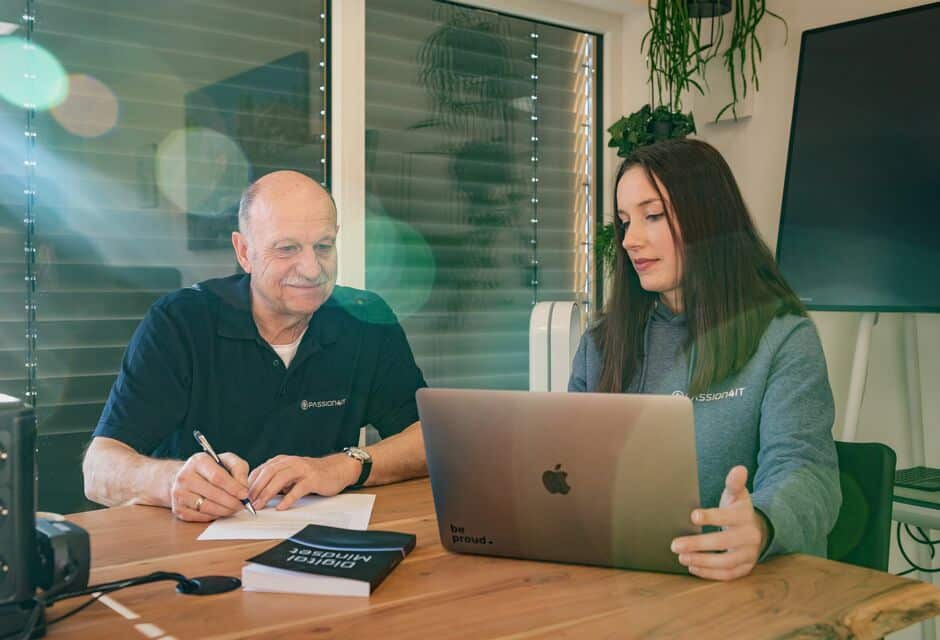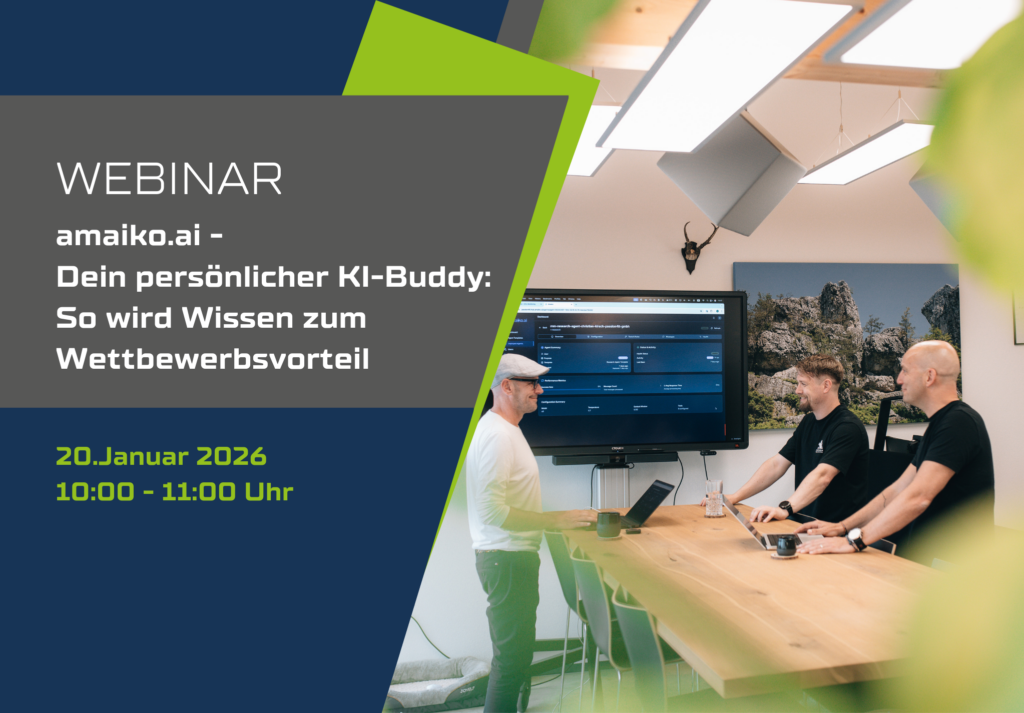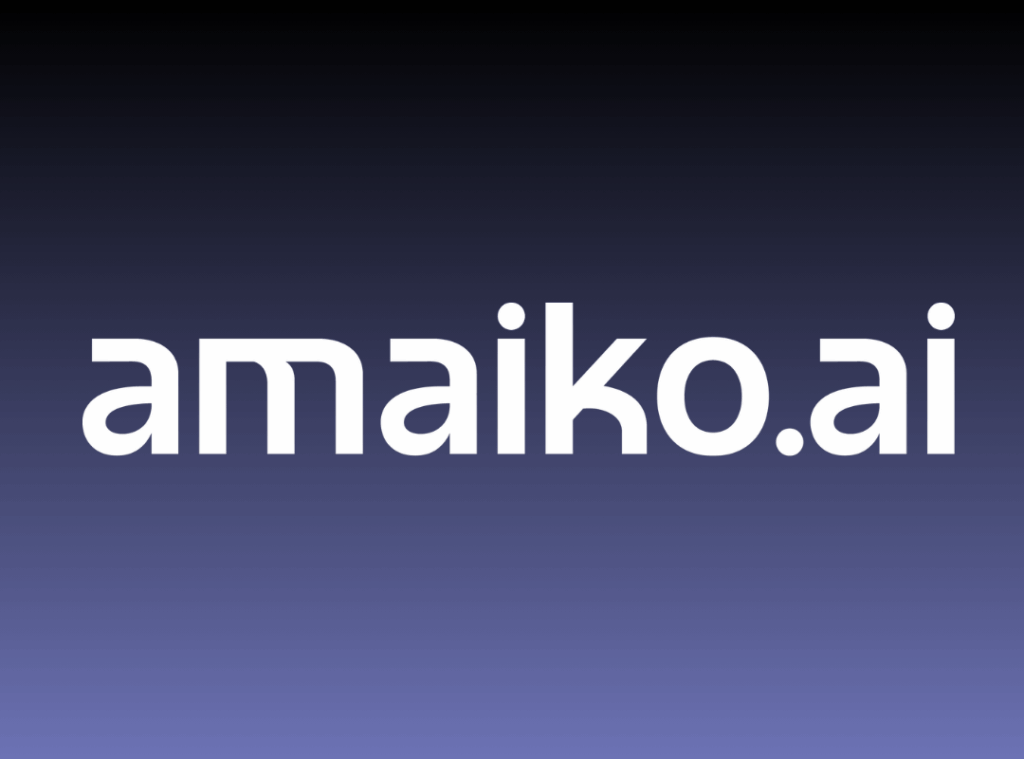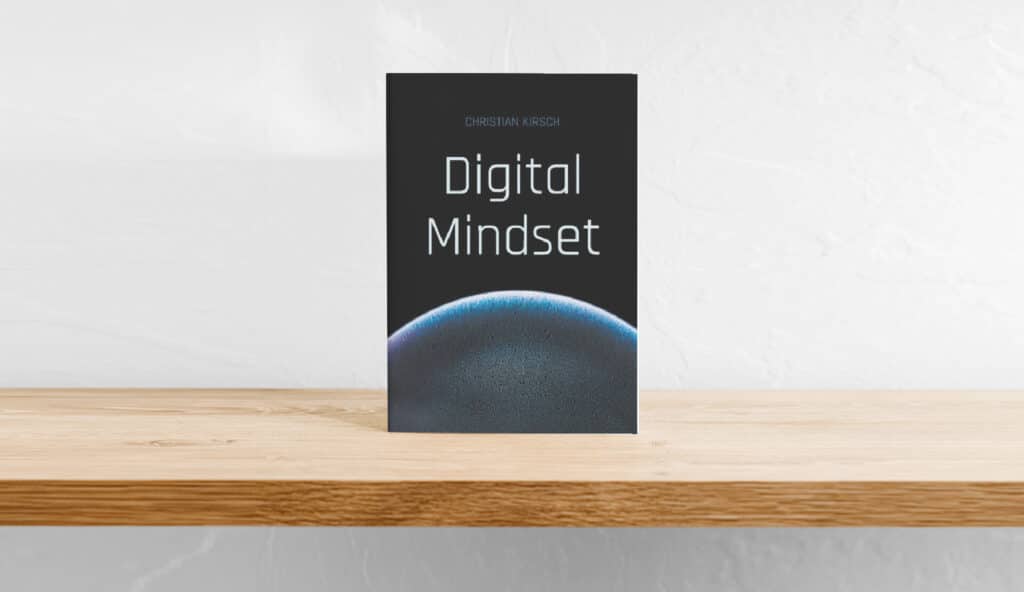Did you know that the classic movie "Back to the Future" (released in 1985) featured a number of unthinkable technologies that we use in exactly the same way today? For example, in the second part, Marty McFly made a donation via a mobile tablet to help preserve the town hall clock.
Some of the technologies from the film series have already become fully established in our everyday lives and in the business world, or are increasingly being used. These include: Video conferencing, the Internet of Things, VR glasses, fingerprint login and payment with mobile devices.
Let's take a look at the world of ERP systems. How are trends affecting business resource planning and what should companies consider in terms of current developments when looking to implement new ERP software? Join us on a journey into the future.
Trends determine the selection of ERP systems
Do you know the following situation: A colleague talks enthusiastically about a new technology, a new app or a new social media platform that is sure to be a big breakthrough? A few months later, the topic is forgotten...
There is always a danger that we will rush into new trends. That's not a bad thing, but we should keep a cool head. We should keep an eye on the big movements that show a lot of potential and could last in the long term.
At the same time, it is important to think outside the box, observe larger trends from trend research, read between the lines and learn from the past.
When it comes to ERP, correctly assessing a trend can determine the success of a company. After all, many resource planning systems have a lifespan of up to 15 years before they are completely replaced. When introducing a new system, companies must take into account changes to internal structures and external developments. You should ask yourself: Where should the company's journey take it? How will society, laws, technologies and markets develop?
Below we summarize the biggest trends that companies should consider when selecting new ERP systems.
From ERP specialists to diverse users
It is no longer the long-serving specialists from the specialist department who operate the ERP systems on their own. There are also many users, for example from controlling or human resources, who use ERP software in their daily work.
Just as we want to be able to use our own apps on our smartphones quickly in our private lives and do without complicated instructions, we also expect the same from software we use at work. It should be self-explanatory, simple, time-saving and, ideally, a pleasure to use.
The result? ERP systems that are cumbersome to use and bloated will increasingly disappear. Companies should choose user-friendly alternatives that are tailored to the user. This is because users no longer want to adapt to the software. They are increasingly demanding that it is adapted to their needs or even adapts automatically. The advantage for companies? The more user-friendly the software is, the more efficient the associated tasks will be.
ERP software adapts to the conditions
ERP software is becoming increasingly sophisticated and powerful. With business process mining, for example, it is possible to identify individual process steps, detect weak points and visualize processes holistically. The use of big data and artificial intelligence technologies is increasingly leading to many processes in the area of resource planning being automated. This leaves employees more time for innovation, creative work or the development of new concepts, for example.
The situation is similar with machines and technical devices, which are increasingly working among themselves. Thanks to "machine-to-machine communication", it is no longer necessary to control all work processes manually. The employee is often only required here when it comes to collecting information or a deviation.
Basically, it will no longer be a question of whether and which processes can be realized technically, but rather how technologies should ideally react to company processes.
Reducing the flood of information
When we think of big data or statements such as: "Data is the new gold of the digital age", it seems paradoxical that a reduction in information could be a trend. But this is precisely the development that is finding its way into ERP systems. However, this does not mean that data volumes are shrinking. No, they are increasingly moving into the background. The decisive factor is that they appear clustered and reduced from the user's perspective.
In the midst of the daily flood of information, we no longer have the chance to grasp all the details. The desire for clear summaries and concentration on the essentials is becoming ever greater. Automated tasks should increasingly run in the background and only reach project participants in a condensed form. Many technologies can support this development. For example, intelligent dashboards make it possible to reduce complex information and present it clearly to users. Integrated IT platforms are also helpful in simplifying business processes and optimizing data exchange.
Or think of AR glasses that could support technical customer service on the move with visualized data. The use of multi-devices or cross-devices is also proving to be very user-friendly. If a user is working on a company laptop and can continue working with the same content on a tablet while on the move, they save themselves redundant tasks.
Seamless networking with the IT infrastructure
As part of Industry 4.0, the German government is promoting the networking of machines, processes and communication technologies. This major trend has an enormous impact on ERP systems.
Companies can gain a clear competitive advantage with their merchandise management systems if they say goodbye to dusty, powerful and confusing administration tools. They should establish user-friendly tools that are intelligently interconnected. At the same time, this means that the link with the company's own IT landscape is becoming ever closer. This development means that employees have access to a coherent and interactive working environment that meets their needs.
Companies can make a few adjustments to make ERP systems fit for the future. The focus should be on increased user-friendliness, modern platform architectures, intelligent cloud solutions, the compatibility of different end devices, strong IT security and smart IoT applications.
Do you also need advice on integrating a modern ERP system? Feel free to contact us.




